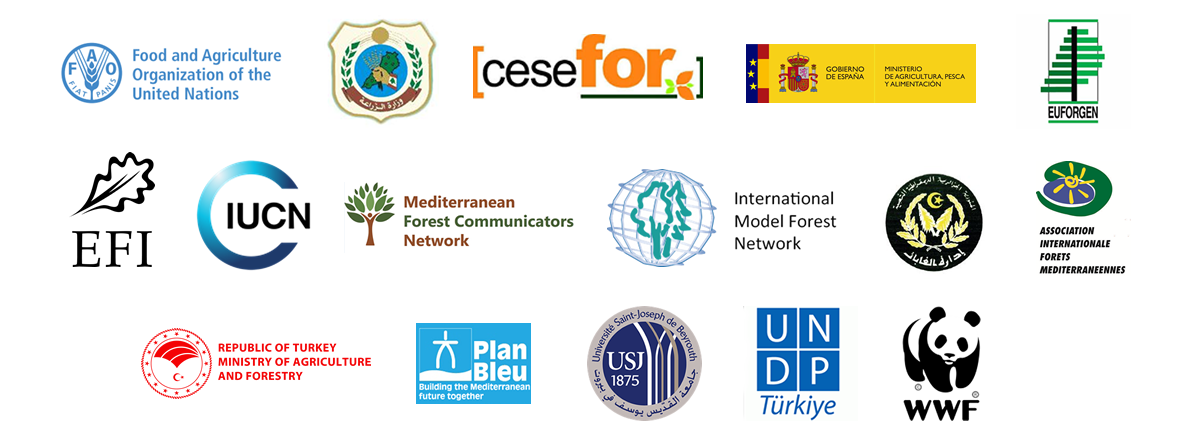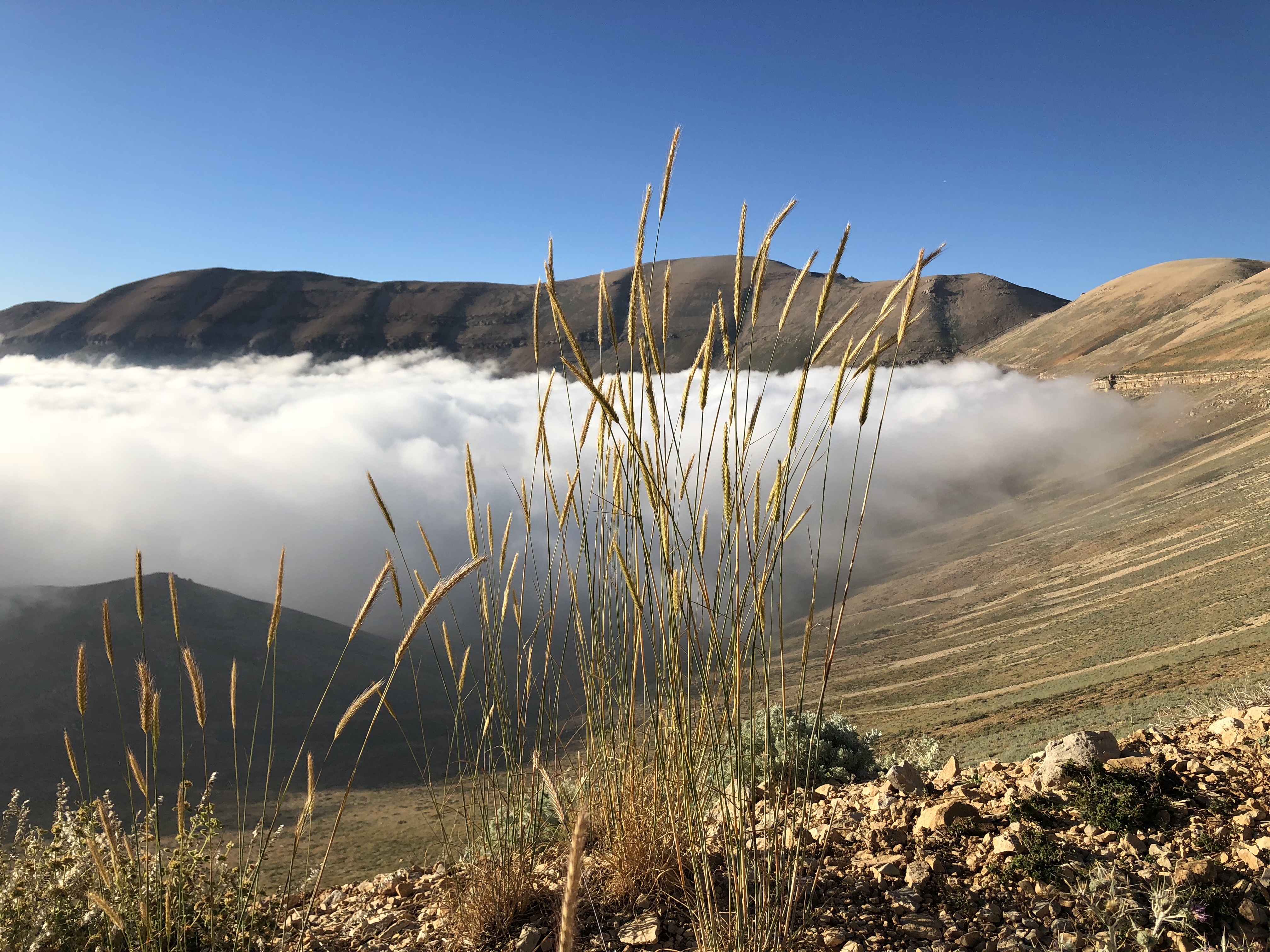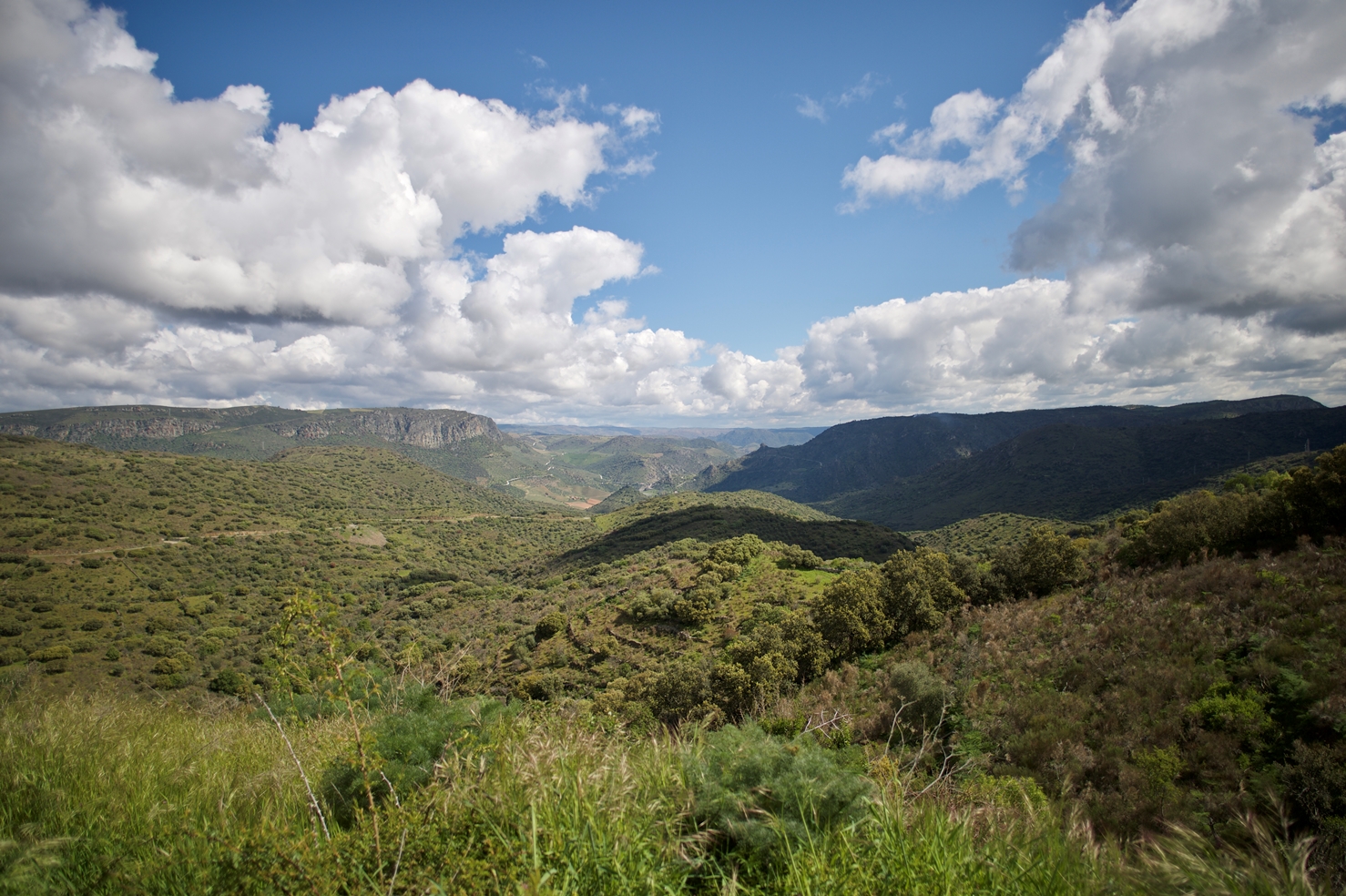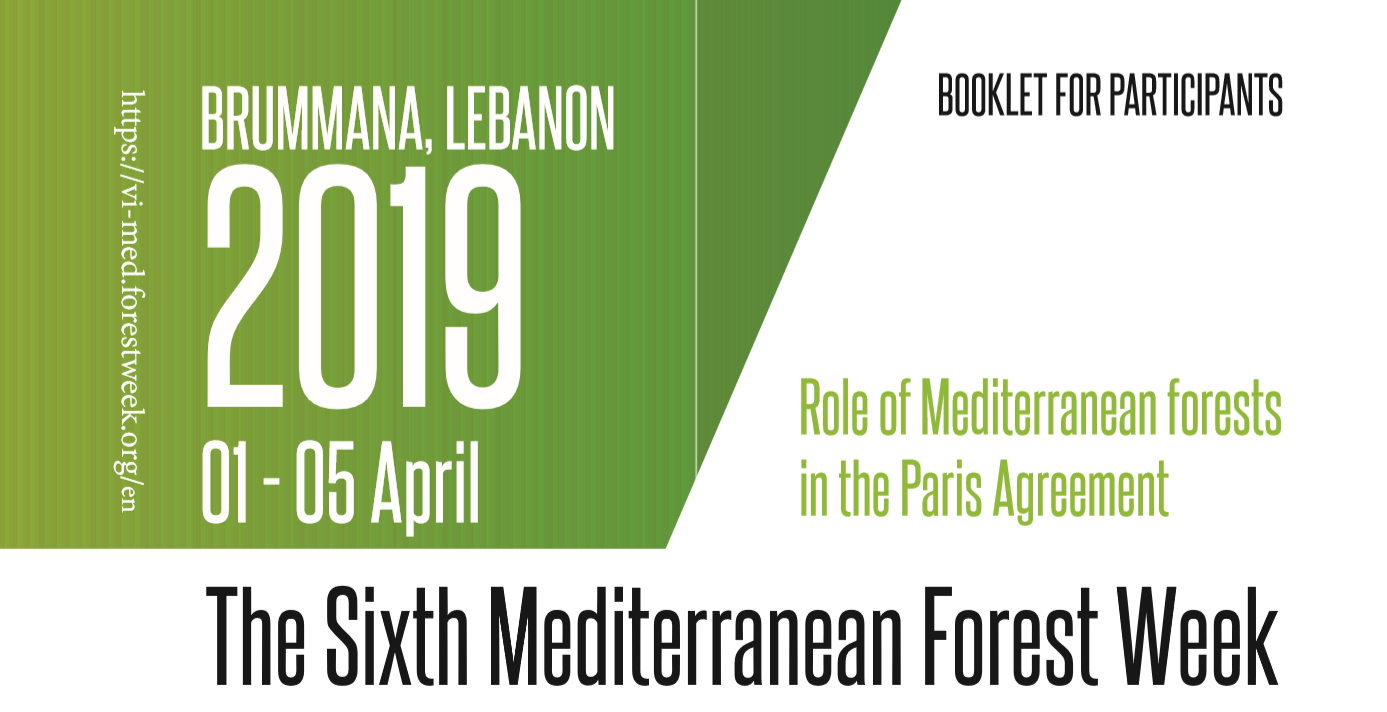Plenary Session 2: Forest-based solutions to adapt the economic sector and people to climate change at the landscape level
The vision of this Sixth MFW was to show the essential role of Mediterranean forests in climate change mitigation, natural resources, and biodiversity balance as well as the specific challenges these forests face. The Sixth MFW focused more on how Mediterranean forests contribute to the fulfilment of the Paris Agreement and global change commitments, including their role in facilitating sectoral climate change adaptation in areas such as water, agriculture, and cities.
Climate change is expected to strongly impact the Mediterranean biome because of its exceptional biodiversity and the closeness of the distribution range of species to the limits of their ecological niche. In addition to shifts in ecological niches, climate change would favor conversion of forests to fire-prone shrub communities, outbreaks of pests and pathogens, and a higher frequency of fire events and other large-scale disturbances. The uniqueness of the Mediterranean biome implies a similarity of response to global changes at regional scale, therefore, advocates for the design of regional approaches to address the impact of climate change on Mediterranean forest ecosystems.
At the Mediterranean level, climate change has been identified as a cross-cutting issue in the Strategic Framework on Mediterranean Forests (SFMF) adopted at the high-level segment of the Third MFW in Tlemcen, Algeria. Forest-based solutions have been considered key to “adapt economic sectors and people to climate change at landscape level” (Strategic line 3 of the SFMF).
Objectives
Nature-based Solutions (NbS) are defined by IUCN as “actions to protect, sustainably manage, and restore natural or modified ecosystems, that address societal challenges effectively and adaptively, simultaneously providing human well-being and biodiversity benefits.” These solutions refer to the sustainable management and use of nature for tackling environmental and societal challenges, including issues such as climate change, water security, water pollution, food security, human health, and disaster risk management.
This session presented forest-based solutions to achieve the goals of international commitments by focusing on landscape approaches that connect the forests to other sectors. The solutions presented involved, for example, forests and water (including erosion by water), forests and agriculture (including pasture lands and livestock), forests and cities, and forests and biodiversity. These solutions may be implemented in the framework of forest and landscape restoration, biodiversity conservation, and adaptation to or mitigation of climate change.
The session focused on prominent case studies (either success stories or failures) exemplifying how stakeholders concretely addressed problems: What was the issue at stake and what solution was found? How much did it cost and what was the financing scheme? What was the impact on local governance? Lessons learnt for the case studies and the capacity of sharing the experience with other countries will be addressed. Trans-boundaries case studies were favored.

About 6th MFW
Silva Mediterranea
Forestry Policy and Resources Division (FOA)
Food and Agriculture Organization of the United Nations



